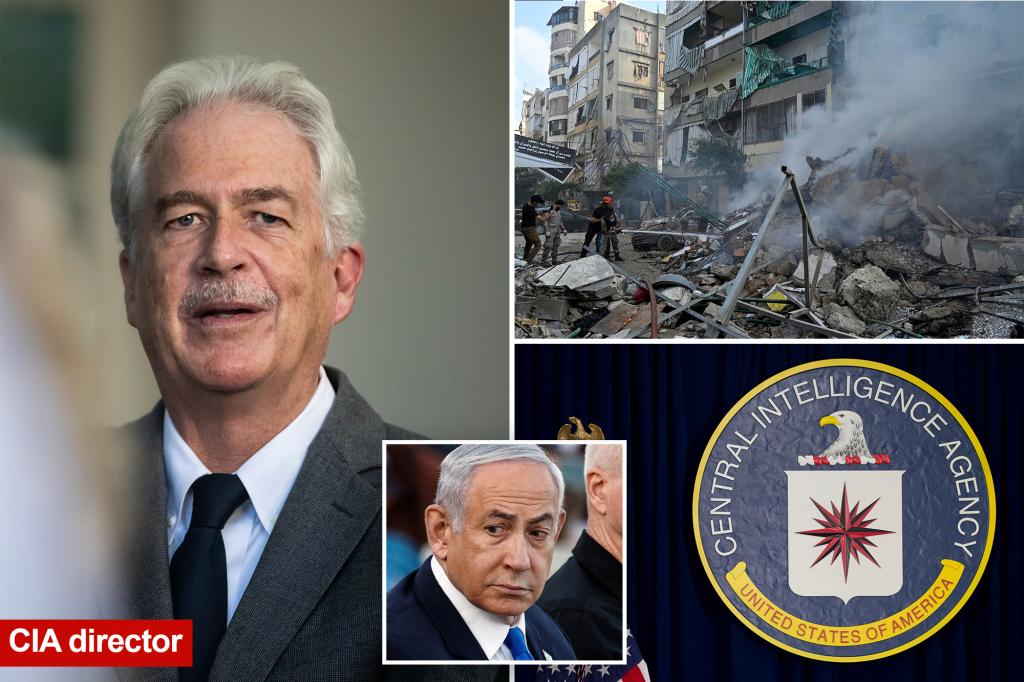How the Leak Impacts U.S.-Israel Relations and National Security
Overview of the Leak
The FBI arrested CIA official Asif W. Rahman in Cambodia, charging him under the Espionage Act. He allegedly leaked top-secret intelligence about Israel’s planned retaliation for an October missile strike by Iran. Intended only for high-clearance officials and the “Five Eyes” allies, the sensitive information circulated online last month, sparking serious concerns about U.S. intelligence security.
Breach of Trust with Israel
Retired Brigadier General Amir Avivi warned of the leak’s potential to harm U.S.-Israel relations. “Trust is vital,” Avivi stated, emphasizing Israel’s reliance on the U.S. to handle shared intelligence securely. He stressed that such breaches undermine the confidence Israel places in American intelligence handling.
Retired U.S. General Jack Keane condemned the leak, calling it “outrageous” for someone with high-level clearance to act this way. While this leak didn’t expose Israel’s final operational details, it remains a serious security violation. Keane believes Rahman’s arrest should deter future leaks, showing the need for strict security oversight.

(photo NYP)
Source of the Leak and Ongoing Investigation
The FBI started investigating last month, collaborating with the Department of Defense and other intelligence agencies. The whistleblower platform Middle East Spectator initially published the documents but denies knowledge of their source. Court records indicate the leak likely happened in Cambodia and involved satellite imagery from mid-October.
Significance of Security Clearances
Rahman held Sensitive Compartmented Information (SCI) clearance, granting him access to highly classified materials. “Safeguarding such information is essential,” former Deputy Assistant Secretary of Defense Mick Mulroy emphasized. He noted that strong security measures protect intelligence sources and methods, critical to national defense.
Impact on U.S. Intelligence and Rahman’s Trial
Rahman faces charges of willful retention and transmission of national defense information. His trial begins in Guam before moving to Virginia. His arrest highlights the need for stricter protocols, especially as recent leaks compromise U.S. security. Another example is Jack Teixeira, who received a 15-year sentence for leaking classified military data on Ukraine.
This breach underscores the need for strict intelligence security, especially as millions hold security clearances in the U.S. Former officials call for tighter clearance review processes to safeguard sensitive defense information.
Our Visitor






 Users Today : 2
Users Today : 2



